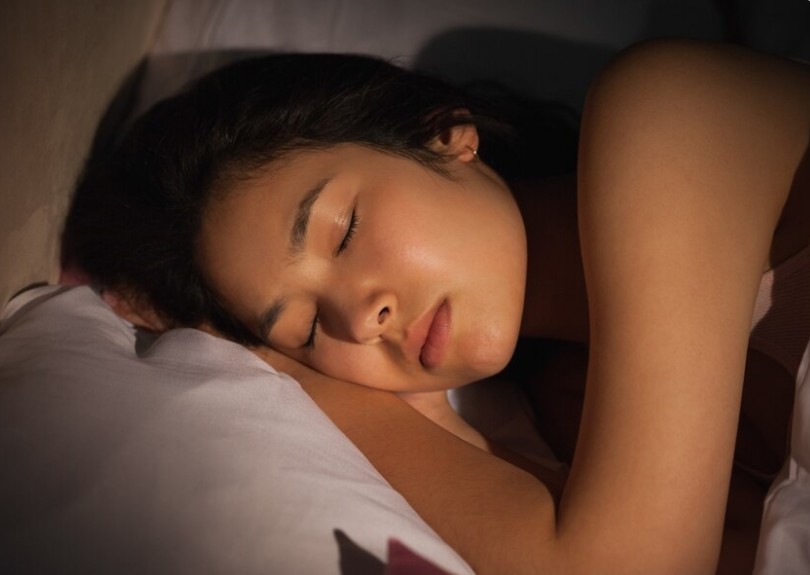
We often think of sleep as a time for mental and physical recovery—but did you know your eyes also rely on quality sleep to stay healthy? Sleep doesn’t just help you feel rested; it plays a critical role in maintaining proper eye function and preventing serious vision problems.
What Happens to Your Eyes During Sleep?
While you sleep, your eyes:
Produce essential tear film to keep the surface hydrated
Flush out irritants that build up during the day
Restore nerve function and replenish energy stores in the retina
Support circulation and nutrient exchange needed for eye repair
Without enough rest, these processes are disrupted—and your eyes suffer.
Eye Issues Linked to Poor Sleep
Lack of quality sleep can lead to:
Dry eyes
Eye spasms or twitching (myokymia)
Blurred or fluctuating vision
Increased light sensitivity
Worsening of existing conditions like glaucoma or diabetic retinopathy
Some studies have also found links between sleep apnea and glaucoma, suggesting that oxygen deprivation during sleep may damage the optic nerve over time.
Signs Your Eyes Aren’t Getting Enough Rest
Red or irritated eyes upon waking
Eyelid twitching during the day
Tired, heavy eyes in the afternoon
Difficulty focusing even after a full night in bed
Tips to Improve Sleep for Better Eye Health
Stick to a consistent sleep schedule
Avoid screens at least 1 hour before bed
Keep your bedroom cool, dark, and quiet
Limit caffeine in the afternoon
Get regular eye exams to rule out underlying conditions
Final Thought
Sleep is one of the most underrated aspects of eye care. Giving your body—and your eyes—adequate rest is essential for staying sharp, clear, and healthy. If you’re having vision problems and also struggling with sleep, it may be time to address both together.









